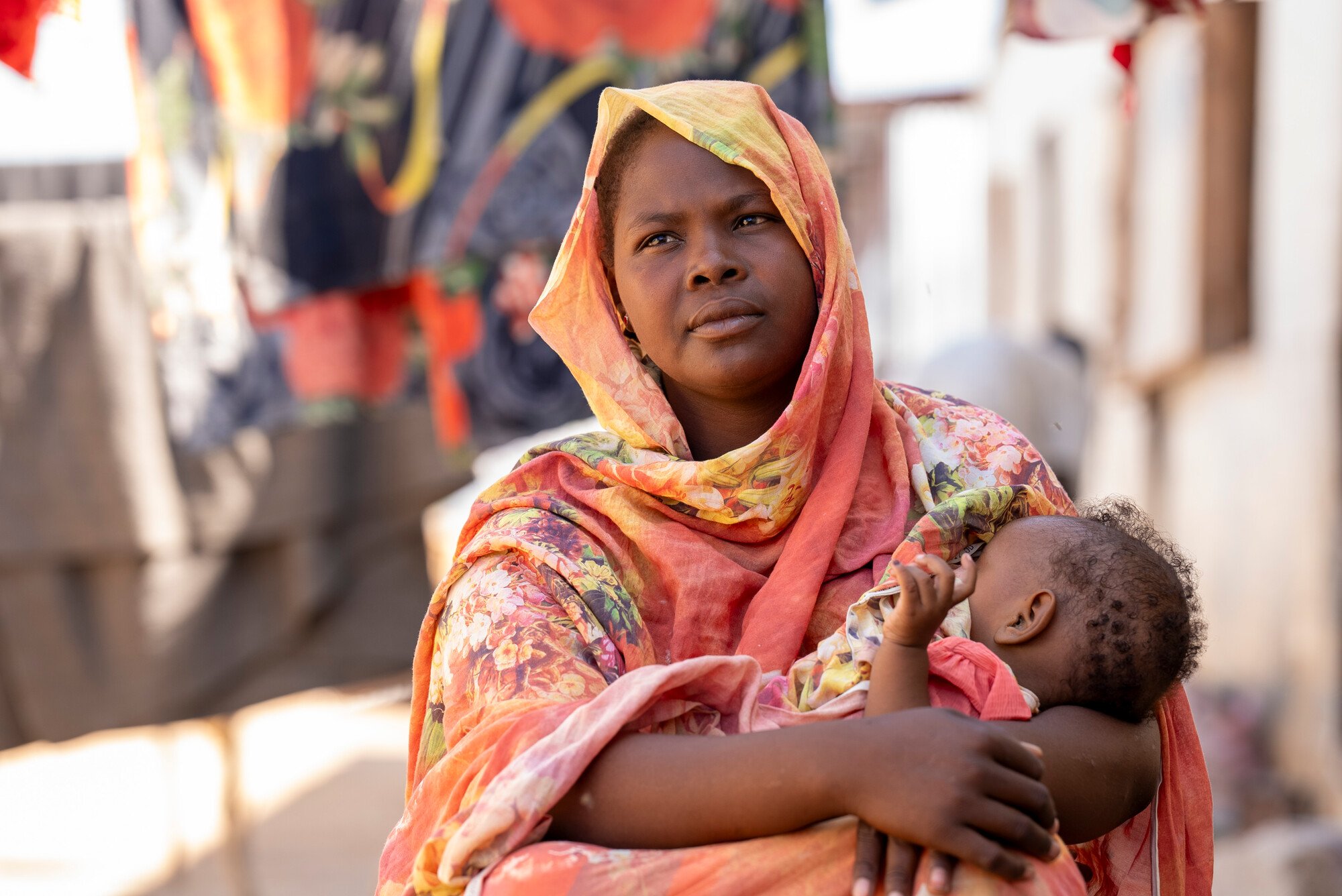Take Action: Tell the mining company to respect the rights of Salvadorans
El Salvador, which is the smallest and most densely populated country in Central America, is already experiencing a clean water crisis, according to the UNDP, with more than 90 percent of the surface water contaminated. Concerned about the risk to water supplies from mining, after a mining site run by another company contaminated the San Sebastian River with toxic levels of cyanide and iron, the democratically-elected government announced in 2012 it would continue the de facto ban on mining. Tensions over mining have resulted in threats, violence and even murders, with three anti-mining activists killed – including environmentalist Dora Sorto, who was eight months pregnant when she was shot and murdered in 2009.
$301 Million: The amount OceanaGold is demanding from El Salvador
1/2: This would equal half of the country’s public education budget
40% of El Salvador lives in poverty
1,000x the amount of iron that is safe for human consumption was found in a river near a now closed mine – and 9 times the amount of cyanide considered safe
4 in 10: According to a UNDP study, by 2050 only 4 in 10 Salvadorans will have access to safe water
“It is not right to risk the health of the population so that a few who do not live here can take 97 percent of the juicy profits and leave us with 100 percent of the cyanide.” -Monseñor Fernando Saenz La Calle
OceanaGold sues el Salvador
Pacific Rim, which was acquired by OceanaGold last year, failed to meet three key legal requirements for a mining permit:
- It failed to get government approval for its Environmental Impact Study;
- It did not submit a required feasibility study; and
- It was not even close to meeting the requirement that it held titles to (or permission to mine in) all the land for which it requested a concession. Pacific Rim had less than 13 percent of the required land holdings.
It also lacks the “social license” to operate. The lack of land titles demonstrates that contrary to the company’s claims the majority of the local population was not – and is not – supportive of their plans to mine in Cabañas.
Instead of meeting those legal requirements, the company made a conscious decision to spend millions of dollars lobbying for a new mining law that the company wrote, a law that would do away with the requirements it could not meet. It also spent millions of dollars in a public relations campaign in the local communities that split families and put neighbor against neighbor.
Having failed to push the law through, OceanaGold bypassed El Salvador’s democratically-elected government and sued to pressure El Salvador to pay hundreds of millions of dollars.
Our work in El Salvador
Oxfam is working with grassroots organizations in El Salvador on a campaign to support the country in its debate over mining and the OceanaGold lawsuit. In July 2014, Oxfam supported Salvadoran organizations in the filing of amicus curiae before the International Centre for the Settlement of Investment Disputes (ICSID) at the World Bank, which is hearing the case. The goal was to strengthen the position of the Salvadoran state. We are also working to get OceanaGold to drop the lawsuit and leave El Salvador, or persuade the ICSID to rule in El Salvador’s favor.
In September, we protested with more than one hundred supporters outside of the World Bank as the hearing began behind closed doors. The message to the World Bank and OceanaGold was simple: Respect the rights of the people of El Salvador and drop this lawsuit.

Local communities, Oxfam America and several other organizations protested outside the World Bank in Washington, DC as hearings began on September 15 Alex Blair/Oxfam America
“The stakes for Salvadorans are high. The legal costs and a potentially negative outcome of the suit could deteriorate the government's capacity to prevent further migrations, curb the chronic insecurity in the country and implement policies for sustainable economic growth. A democratically elected government should not be punished for standing up for the common good.”
– The International Allies Against Mining in El Salvador

Oxfam and our partners will continue to pressure OceanaGold and the World Bank to respect the rights of the people of El Salvador and allow them to decide about their economic and environmental future. A decision on the case is not expected until early 2015.
Tell OceanaGold – RESPECT THE PEOPLE OF EL SALVADOR!
Learn more and keep up with this story in our blog, or check out these posts:
- El Salvador in legal battle with mining company
- Salvadorans rally at the World Bank to celebrate independence
- 3 ways OceanaGold's suit against El Salvador calls corporate social responsibility 'good faith' into question
- Inside a secret hearing at a foreign tribunal, El Salvador awaits a verdict
- OceanaGold bails out Pacific Rim mining, but El Salvador is not for sale
- Resistance to Pacific Rim mining in El Salvador
- When a radio station fights poverty - and speaks the truth
- Salvadorians vote to exclude mining from town
Find out more about mining in Latin America by visiting Oxfam America’s extractive industries campaign.
Featured publications
Mining company must respect the people of El Salvador's rightsMembers of Congress urge El Salvador to protect environment and communities from miningDebunking Eight Falsehoods by Pacific Rim/ OceanaGold




